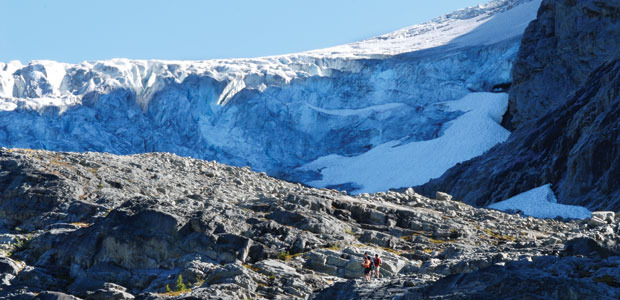Advertisement
We’re Not Crying Wolf
Despite the increasing awareness of global warming, many people believe that the current climate changes are part of a natural cycle. They believe that we should not be worrying about the media’s hyperbole. Although these people may ignore the threat of global warning, they do agree that we are damaging the Earth, as well as … Continued

Despite the increasing awareness of global warming, many people believe that the current climate changes are part of a natural cycle. They believe that we should not be worrying about the media’s hyperbole.
Although these people may ignore the threat of global warning, they do agree that we are damaging the Earth, as well as ourselves, with the enormous amounts of pollution we have created in the last century.
- Trash and waste are harmful for the land and animals as well as the air and water of our planet.
- Cigarettes, vehicles, and factories release dangerous impurities into the atmosphere.
- Oil spills and other toxins dumped into the oceans and waterways are killing animals and altering their habitats.
- Synthetic chemicals sprayed on the soil and crops we depend upon for food and clothing are killing more than the pests they are meant to eliminate.
We all believe that it would be better to live greener lives. The problem is that many people are still willing to exchange short-term convenience for the long-term survival of our planet. Present comfort sometimes takes precedence over our duty and responsibility to protect the Earth.
Whether we reduce pollution to stop global warming, or for any number of other reasons, the results will change the world and possibly save the planet.
Perceptions can Change
The world is now listening following the release of the first volume of the Fourth Assessment Report “Climate Change 2007” from the Intergovernmental Panel on Climate Change (IPCC).
The IPCC was formed in 1988 with members from the World Meteorological Organization (WMO) and the United Nations Environment Program (UNEP) to assess scientific, technical, and socio-economic information relevant to the understanding of climate change, its potential impacts, and options for adaptation and mitigation.
Although independent scientists have been sounding the warning bells of global warming for decades, the IPCC now provides the unequivocal science of climate change by removing contentious or uncertain findings. The report will hopefully serve to stifle the skeptics and move governments to meaningful action.
Action Plan for Our Environment
We have it within our capabilities to create modern conveniences without negative global impact. Here are some ways we could achieve positive changes.
- Target campaigns at changing people’s perceptions and stopping unnecessary pollution.
- Demand changes to laws governing the use of chemicals in our foods, clothing, homes, and furnishings.
- Demand reductions in the excessive packaging products are wrapped in.
- Demand automotive manufacturers switch to more efficient alternatives such as “greasecars,” which run on sustainable vegetable oils that produce fewer greenhouse gases.
- Write letters to MLAs, MPs, and manufacturers; as consumers we have the power to change the market.
- Buy organics in the short-term and save on medical costs and emotional hardships of
disease in the long term.




